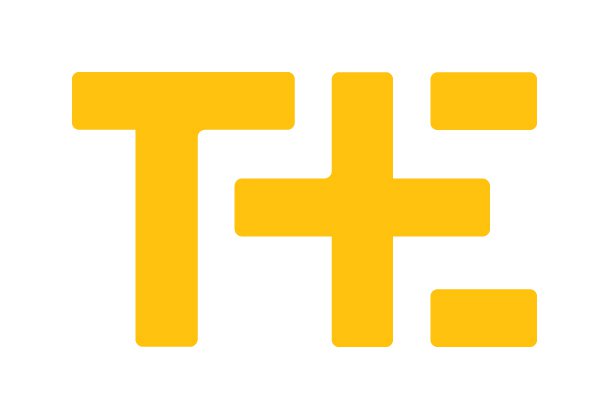 Hernando de Soto, the Peruvian economist and anti poverty campaigner, estimates that five billion people live without adequate records. They face serious challenges in documenting their economic activities, their assets, even their existence.
Hernando de Soto, the Peruvian economist and anti poverty campaigner, estimates that five billion people live without adequate records. They face serious challenges in documenting their economic activities, their assets, even their existence.
Until now, de Soto has depended on political persuasion to try to address this problem. But now he’s getting help from new technologies that could fast-track the creation of permanent registries and give people manifest power to execute their property rights. One of the most promising solutions arises from open-source software called the block chain that underlies digital currencies such as Bitcoin.
The block chain offers a potential alternative. The independent computers that run Bitcoin’s decentralized network busily update and maintain an ever growing public ledger of transactions. They repeatedly reach a consensus on changes and thus are constantly vouching for the ledger’s integrity. Information on new transactions is built on top of all preceding records in a precise, time-stamped, interlinked manner, which means anyone who tampers with past data will distort all other latter records and so expose their fraud. It is this permanence and incorruptibility, combined with the fact that it is completely open and uncontrolled, that makes this new recordkeeping methodology so seductive.
To read the complete article, please visit Techonomy.


